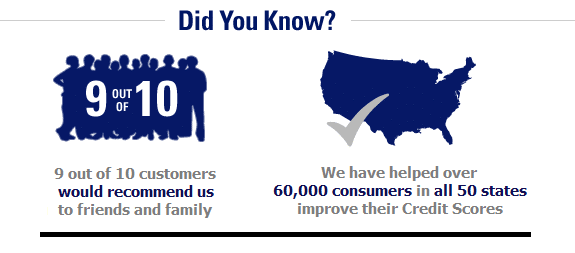MasterCard to Begin Selling Customer Data
Many consumers use their credit and debit cards on a daily basis to make all sorts of purchases, and now it seems one of the world’s largest processors of those purchases is willing to sell consumer data to advertisers.
MasterCard – the world’s second-largest processor of debit and credit card transactions, handling 34 billion per year – is now working toward a deal with targeted advertising firms that will give those companies access its customers’ transaction histories, according to a report from the Financial Times.
In particular, this data will be used to allow marketers to more effectively identify and target consumers who are more likely to purchase the products they offer.
The company has looked into such a decision in the past, but last year decided there were too many legal and regulatory pitfalls to navigate to truly be worth the trouble of entering into these partnerships with targeted advertisers, the report said.
However, MasterCard already has the capability to use transaction histories to determine which consumers are more likely to purchase certain items, and is now pitching that as a selling point to marketing firms.
MasterCard confirmed to the news agency that it has been working on the initiative in earnest since February, the report said. However, it also says that maintaining consumers’ individual privacy was something to which it was quite committed; that the data sold to marketers would remain anonymous and is aggregated into groups, rather than individually.
Instead, it claims the transaction data it collects is tied to credit card numbers only – though it does not share those with the advertisers for obvious reasons – and not consumers’ names or other data.
This plan is apparently not dissimilar to information shared by other major credit card payment processors with marketing firms, the report said.
Visa, for instance, allows retailers to send consumers text messages based on credit card transactions – though customers have to opt into the program, and receive discounts in return for their participation.
Meanwhile, American Express aggregates consumer transaction data as well, but also keeps it anonymous.
Many Americans may be concerned about the way in which these actions will affect their privacy, and that is a worry shared by federal policymakers and consumer advocacy groups alike.
Credit.com (http://s.tt/1qFC2)












